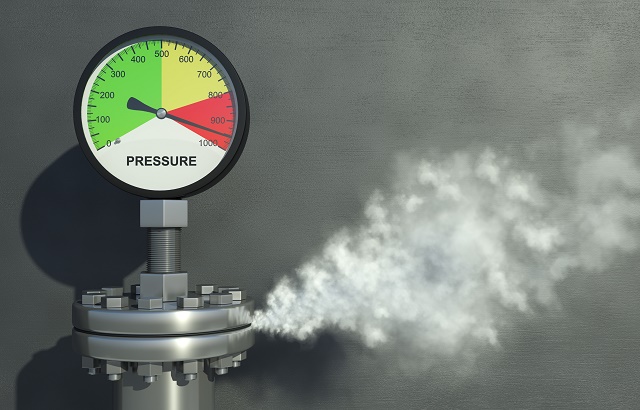UK chancellor of the exchequer Rishi Sunak will have to do some “creative thinking” to keep the Conservatives’ pension triple lock manifesto pledge after average earnings rose 8.8% in the latest quarter.
According to data from the Office for National Statistics (ONS) on 17 August, growth in average total pay, including bonuses, was 8.8% and regular pay, excluding bonuses, was 7.4% in the three months to June 2021.
This impacts the pensions triple lock because it sets out that the state pension should increase each year by whichever is highest between inflation, earnings growth or 2.5%.
The final reading for the pensions triple lock is taken in September, but the ONS figures released on 17 August would see the bill increase by £8bn ($11.04bn, €9.38bn), which is a staggering £5.7bn more than if it grew by 2.5%.
Laith Khalaf, head of investment analysis at AJ Bell, said: “Statistical quirk or not, the high rate of headline earnings growth does hem the government into a tight little corner on the state pension triple lock. The conservative manifesto commits to maintaining the triple lock, but an 8% rise in the state pension would raise questions of intergenerational fairness, as well as fiscal sustainability.
“That’s particularly the case given the statistical distortions caused in the headline earnings figures by the pandemic. The government normally uses the earnings growth figure published in September to determine the triple lock, and on current trends, the numbers don’t look like they’re heading in a direction that will dig them out of a hole, so some creative thinking may be required.”
‘Difficult decision’
In July 2021, UK members of parliament (MPs) within the Conservative party were reportedly asked whether they would support a suspension of the triple lock system.
People within the Department of Work and Pensions (DWP) were canvassing backbenchers to understand their stance on a potential temporary suspension to the pension uprating model, but mooted changes have come under fire due to the manifesto pledge.
Andrew Tully, technical director at Canada Life, said: “Today’s release from the ONS would see the state pension increase by an incredible 7.4%, much higher than any previous annual uplifts. While next month’s earnings figure will be the deciding factor, this puts more pressure on the Chancellor to start finding another way around the issue without going against the party’s manifesto promise.
“The government now has a difficult decision to make, to ensure the state pension remains affordable in what is a difficult time for the nation’s finances, while also bearing in mind it’s manifesto commitments. It’s important to remember that each 1% rise in state pension costs the taxpayer around £850m a year.”
Tweak
Ian Browne, pensions expert at Quilter, believes that the Chancellor “could temporarily tweak the triple lock this year by moving to a three-year average figure for wage growth in order to smooth the temporary spike caused by the end of the furlough scheme”.
“Using this amended earnings growth figure would increase the state pension by 3.9% next year and would save the government £4.5bn while maintaining a degree of intergenerational fairness,” he said. “A change from the current trajectory is the only way to truly ensure fairness between taxpayers and pensioners.
“But it is important to remember that what’s up for debate is not whether state pension incomes should go up or down, but by how much they should go up. With inflation on the rise and in the current economic climate, not too many would suggest pensioner income should fall.”
Tully added: “One potential compromise could be to strip out the artificial earnings growth from the data, making it more representative of the real underlying growth in earnings. The state pension would increase by a material amount, hopefully seen as fair in these exceptional circumstances, and making sure manifesto pledges are met.”








